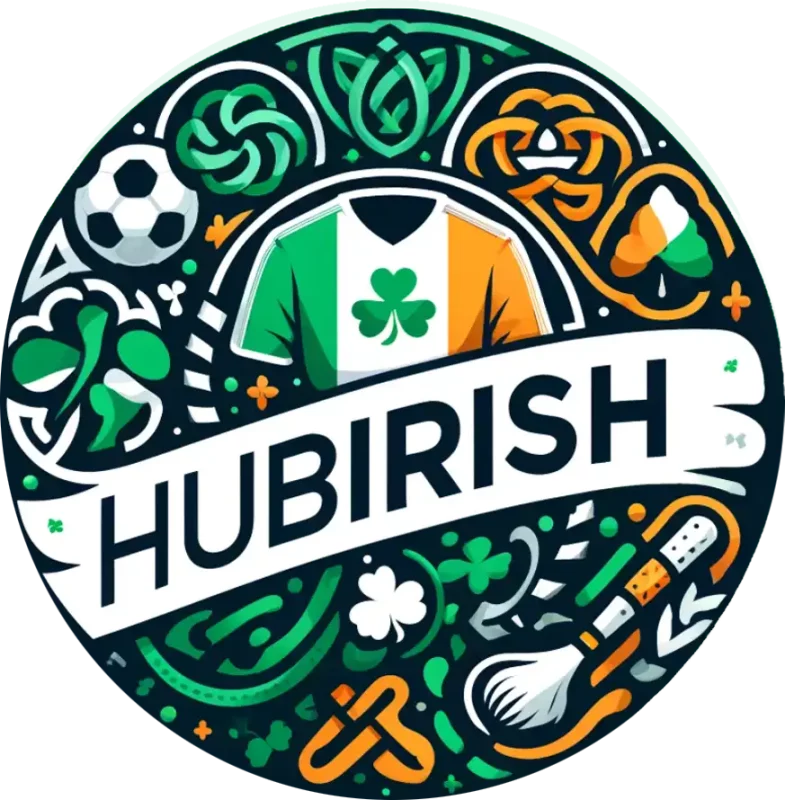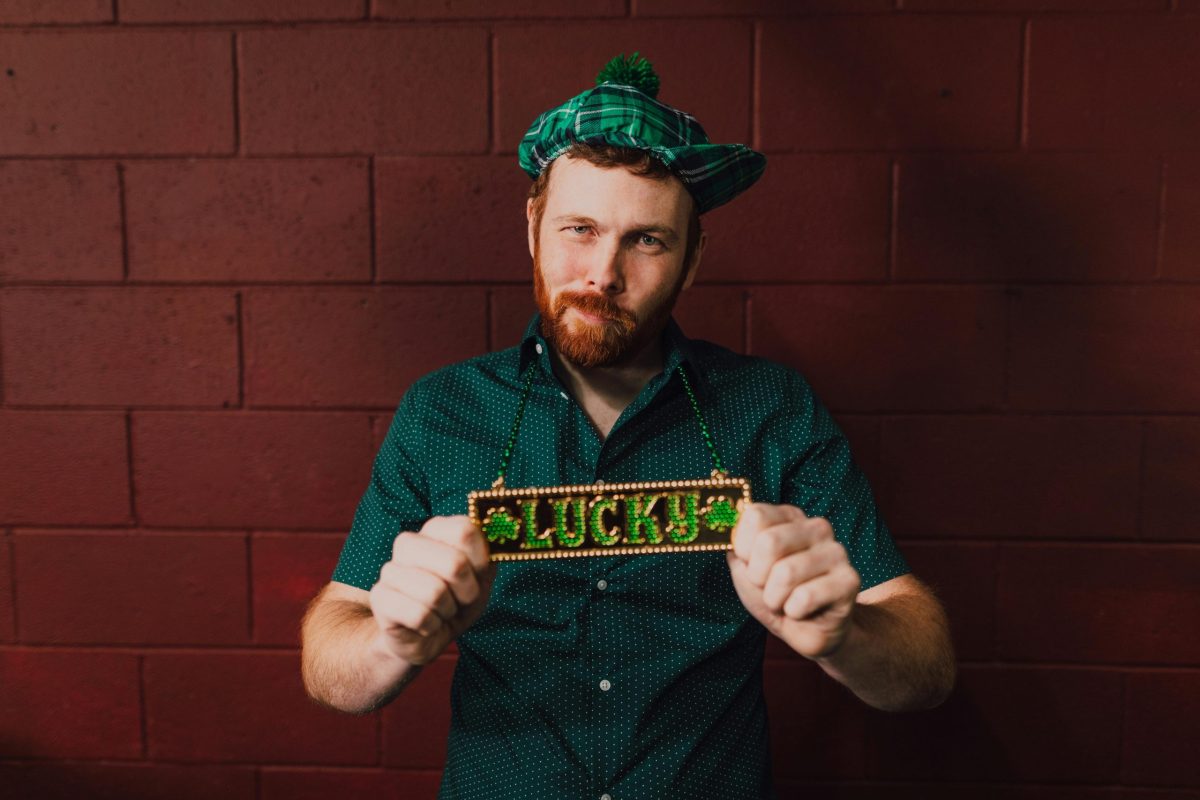Uncategorized
Hurling: A Battle Cry for Irish Pride
The Night Hurling Became a Battle Cry for a Nation
Estimated reading time: 5 minutes
- The spirit of hurling transcends mere sport and is intertwined with Irish identity.
- Historical events like Bloody Sunday showcased the sport’s role in activism.
- Hurling provided solace during turbulent times in the 1980s.
- Communities bond over hurling, passing down stories and love for the game.
- The Irish diaspora finds connection through the sport, wearing jerseys with pride.
- Hurling and Its Historical Resonance
- Sport as Reflection of the Struggle
- The Role of Communities
- The Diaspora Connection
- Did You Know?
- Conclusion
Hurling and Its Historical Resonance
In the heart of a small village, beneath a smoky twilight, lives a spirit that transcends mere sport. It is the spirit of hurling – a game that, for centuries, has been more than just a pastime for the Irish. It has been a vessel of identity, pride, and resistance. One chilling night, as clouds battled the moonlight, hurling morphed from the field into a battle cry, echoing through the hills and valleys of Ireland. That night, the clash of ash and the shouts of the players kindled a flame among the populace: a flame where hope, resilience, and an indomitable will to stand strong were ignited, much like the flickering embers in the heart of an Irish pub long after closing time.
Hurling, an ancient game with a history spanning over 3,000 years, has embedded itself into the Irish cultural fabric. It’s not just a sport; it’s a tapestry woven from the threads of folklore, heritage, and defiance. Just like the stories of our ancestors who swung their hurleys against the invaders, today it resonates with the echo of the past when every strike of the sliotar seemed to ring out against the injustices faced by our people.
In 1920, amid the chaos of the War of Independence and the air thick with tension, hurling too found itself caught in the crosshairs of activism. The infamous Bloody Sunday, on November 21st, saw a GAA match used as cover for rebels fighting for a liberated Ireland. The pitch became a sanctuary – where the game thrived despite the looming threat of conflict. That day, players were not merely representing their counties; they became symbols of an entire nation. And as the sliotar soared through the air, it carried a communal wish for freedom and unity.
Fast forward to the summer of 2001, and we recall the unforgettable, thunderous crowds at Croke Park. Earlier that June night, as shadows cast long across the fields of rural Ireland, a palpable excitement rang in the air. Kilkenny and Galway played in an epic clash during the All-Ireland Hurling Championship final. The stadium buzzed with anticipation, and as the whistle blew, Ireland held its breath. The final score was not merely a reflection of athletic prowess; it was a testimony of our collective spirit.
Sport as Reflection of the Struggle
Sport has always been a mirror to Irish identity and suffering. The 1980s were a turbulent time in Ireland; the memories of internment, hunger strikes, and violence were etched into our psyches. Yet, in those moments, hurling provided solace, an outlet for communal grief, rebellion, and catharsis. The very act of watching, of participating in hurling, became a means of survival, a chance to feel connected to something authentically Irish.
An iconic moment from these tumultuous times came when the Irish hurling team took to the field, donning their jerseys like cloaks of honour. These jerseys carried a weight deeper than mere fabric; they carried stories of those lost in hardship, those who had fought for a voice, and those who would find solace in the simple act of play. As they swung their hurleys amid cheers and roars from the stands, the players became warriors, hurling warriors, fighting not just for a championship title but something greater – a unified spirit.
The Role of Communities
Every village field, every slippery pitch has been a cradle for burgeoning dreams and never-ending rivalries. The spirit of hurling is echoed in the camaraderie of communities, shared pints in local pubs, and the family gatherings where stories are swapped with laughter and pride. Hurling is a testament to our resilience, our will to thrive amidst adversity, and our ceaseless drive to connect back to our roots.
Think today of players like Henry Shefflin, who reignited the flame of hurling in modern Ireland, embodying that age-old spirit of resistance and pride. They transcend the glamour of fame, becoming mere players in the eyes of the community who cherish them, yet titans on the field of battle.
The Diaspora Connection
For those in the Irish diaspora, following our hurling teams when living thousands of miles away is akin to carrying a piece of home wherever we go. Wearing a county jersey abroad—whether it’s a classic Cork GAA retro jersey or a shiny new Derry home jersey—is an act of defiance, a shout into the void saying, “I am here, and I am Irish!” It carries with it generations of stories, losses, victories, and an unyielding love for a nation whose heartbeat pulses with the rhythm of hurleys clashing.
Did You Know?
- In the 1980s, it was banned for GAA players to wear jerseys in prison as a symbol of potential unrest.
- On the night of Bloody Sunday, GAA matches became a front for republican activities, marking a significant point in Irish sporting history.
- More people now engage with hurling overseas than ever before, as diaspora communities cling to the heartbeat of their native sport.
Conclusion
The section of our history where hurling transcended sport and became a rallying cry for a nation stands as a poignant reminder that we are never alone in our struggles or our victories. It captures the essence of an Irish identity that refuses to be smothered by oppression. In each strike of the hurley, the cheers from the stands, and the echoes of generations past, we find hope. We find a voice that will, when required, rise again, because in Ireland, our history, our battles, and our games are so intertwined they become one and the same. As we slip back into the warmth of our communities, whether at home or away, we remember: it’s a game, yes, but it’s also a beat in the heart of what it means to be Irish.
So here’s your chance to carry that spirit with you. Check out our selection of hurling jerseys at HubIrish.com, and don’t let the flame of Irish pride flicker out. Spread the joy, the stories, and the love of our game!

